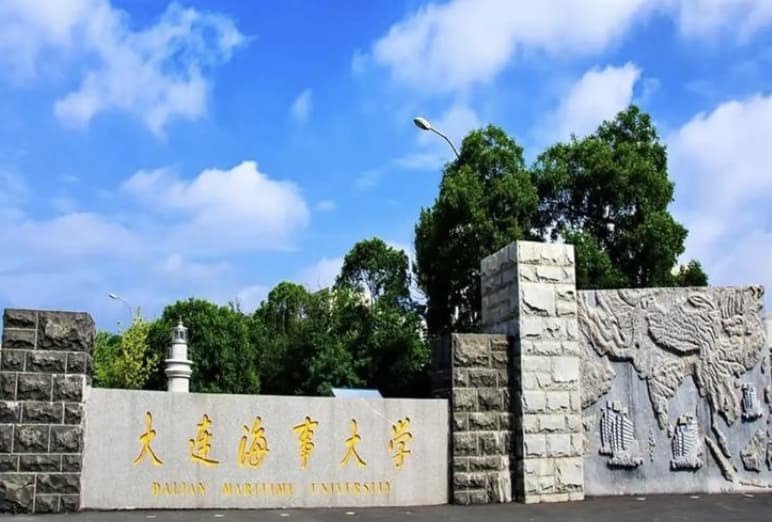考研面试英语常见问题深度解析与应对策略
在考研复试的英语面试环节,考生往往面临着诸多挑战,从自我介绍到专业问题的回答,每一环节都可能成为决定成败的关键。为了帮助考生更好地应对这些挑战,我们精心整理了几个高频问题,并提供了详尽的解答思路。这些问题不仅涵盖了个人背景、学术能力,还涉及未来规划与职业发展,旨在帮助考生在面试中展现自信、清晰、有深度的表达。通过以下内容,考生可以深入了解每个问题的考察意图,学习如何构建逻辑严谨、内容丰富的回答,从而在激烈的竞争中脱颖而出。
常见问题解答
1. Why did you choose to pursue a master's degree in [Your Field]? What motivates you in this field?
Your answer should reflect a deep understanding of your chosen field and your personal connection to it. Start by explaining your initial interest, perhaps mentioning a specific course, project, or experience that sparked your passion. Then, elaborate on how this interest evolved into a clear desire to pursue advanced studies. Discuss specific aspects of the field that attract you, such as cutting-edge research, real-world applications, or the opportunity to contribute to the field in a meaningful way. Be sure to connect your motivations to your long-term career goals, showing how a master's degree will equip you with the necessary skills and knowledge to achieve these aspirations.
For example, if you are pursuing a master's in environmental science, you might say, "I was first introduced to environmental science during my undergraduate studies when I took a course on climate change. The course highlighted the urgent need for innovative solutions to global environmental challenges, and it inspired me to delve deeper into the subject. I am particularly motivated by the opportunity to work on sustainable energy projects and contribute to policies that protect natural resources. A master's degree will provide me with advanced research skills and a comprehensive understanding of environmental systems, which will enable me to make significant contributions to the field. My long-term goal is to work for an organization like the EPA, helping to develop and implement strategies to mitigate climate change and promote environmental sustainability."
2. Can you describe a research project or paper you have worked on? What was your role, and what did you learn from it?
When answering this question, focus on a specific project or paper that showcases your research skills, critical thinking, and ability to contribute to a team. Begin by providing a brief overview of the project, including its objectives and the context in which it was conducted. Clearly define your role in the project, whether you were responsible for data collection, analysis, writing, or collaboration with other team members. Discuss the challenges you faced and how you overcame them, highlighting your problem-solving skills and perseverance. Finally, reflect on what you learned from the experience, both in terms of academic knowledge and personal growth. Emphasize how this project has prepared you for advanced studies and future research endeavors.
For instance, if you worked on a research paper in your undergraduate thesis, you might say, "During my undergraduate studies, I was part of a research team that worked on a paper titled 'The Impact of Social Media on Adolescent Mental Health.' My role in the project was to conduct a literature review and assist in data analysis. We aimed to identify the correlation between social media usage and mental health issues among teenagers. One of the biggest challenges we faced was accessing reliable data, as many sources were biased or outdated. To overcome this, we collaborated with a local high school to conduct surveys and interviews, ensuring we gathered fresh and accurate information. Through this project, I learned the importance of rigorous research methodology and the value of teamwork. I also developed strong analytical skills and a deeper understanding of the complexities of social media's influence on mental health. This experience has solidified my passion for research and has prepared me to tackle more complex projects in graduate school."
3. Where do you see yourself in five years? What are your career goals?
Your answer should demonstrate a clear vision for your future, aligning your career goals with your academic aspirations and the skills you will gain during your master's program. Start by painting a picture of your short-term goals, such as securing a position in your field that allows you to apply the knowledge and skills you have acquired. Then, discuss your long-term aspirations, whether you aim to advance to a higher position, pursue further education, or start your own venture. Be specific about the types of roles or industries you are interested in, and explain how your master's degree will help you achieve these goals. Additionally, mention any personal or professional development plans you have to support your career growth, such as attending conferences, networking with professionals, or pursuing certifications.
For example, if you are pursuing a master's in business administration, you might say, "In the next five years, I see myself working as a marketing manager for a tech company, where I can apply the strategic thinking and analytical skills I will gain from this program. I am particularly interested in companies that are at the forefront of digital innovation, as I believe this is where the future of marketing lies. Long-term, my goal is to advance to a higher position, such as Chief Marketing Officer, and eventually start my own marketing consulting firm. A master's in business administration will provide me with the necessary leadership training and industry insights to achieve these aspirations. To support my career growth, I plan to attend industry conferences, build a strong professional network, and pursue additional certifications in digital marketing and data analytics. I am confident that with dedication and hard work, I will be able to turn my career goals into reality."


.jpg)
.jpg)

.jpg)
.jpg)


.jpg)
.jpg)